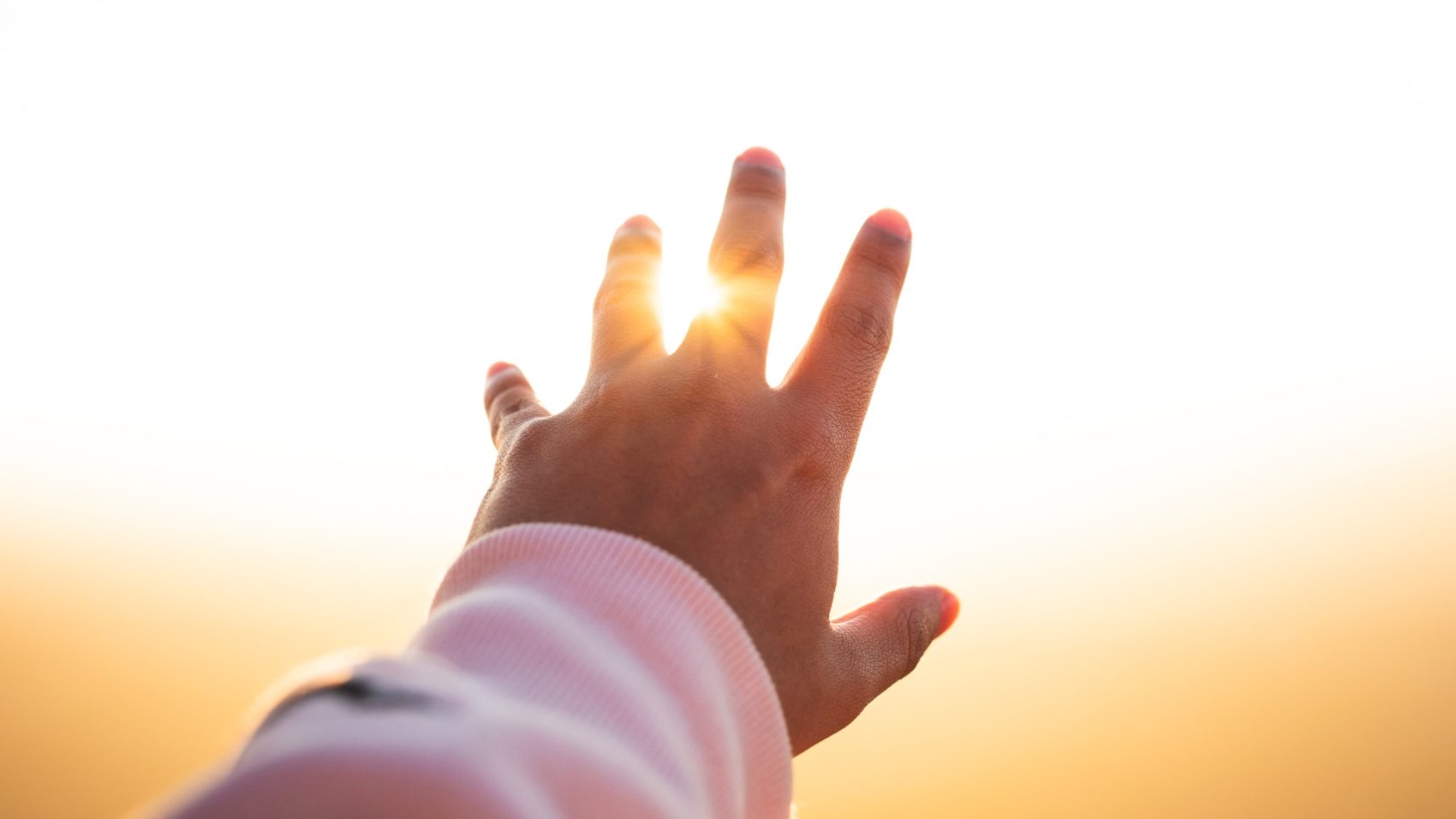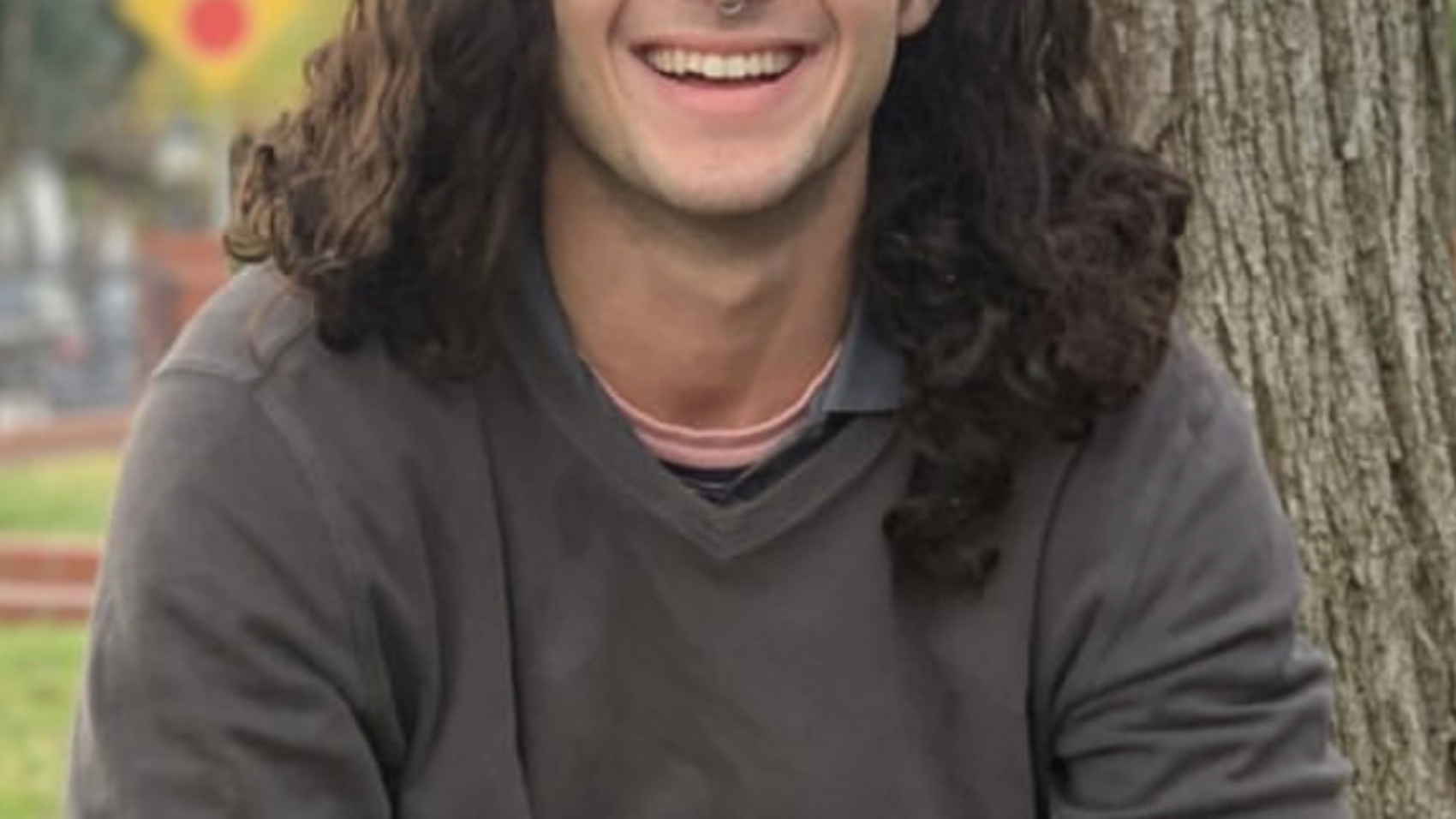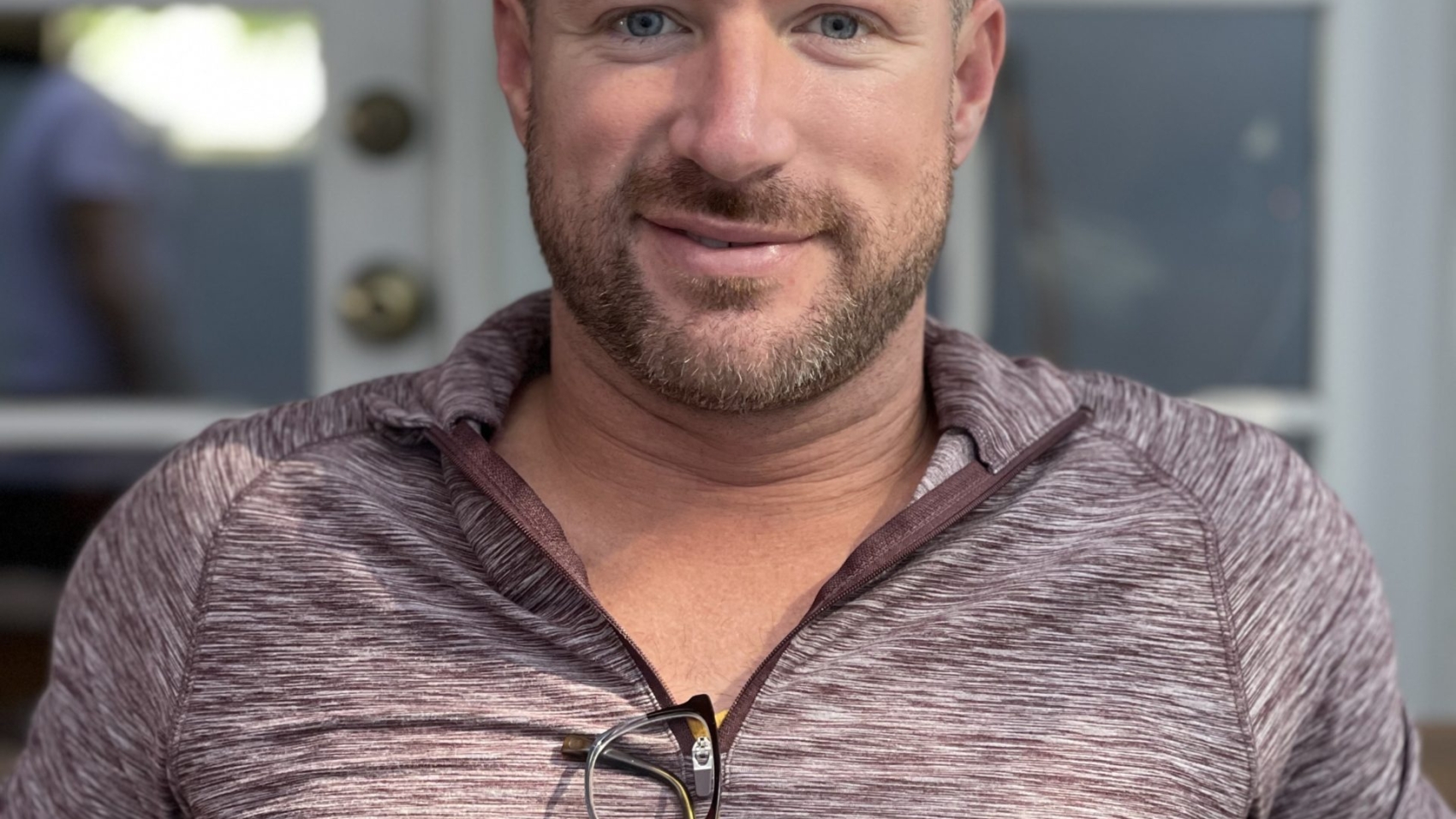Before the LH, I was broken. To be specific, I was 20 years old, living at home with my parents
after failing out of college and I was abusing drugs constantly. I was smoking weed and using
psychedelics and cocaine constantly to be specific. I was in an abusive relationship with a girl who I
used drugs with and was always fighting with my parents about both my drug use and my lack of
motivation to move out. I was not in school and only maintained to keep a low paying job in order to
afford my substances. Physically, I was overweight, my lungs were compromised, and I was
constantly fatigued. Emotionally, I was constantly anxious, horribly depressed, suicidal, and
ruminated constantly on nearly every aspect of life, fearing leaving my room. I did not want to kill
myself, I just wanted to die and only the constant use of cocaine and LSD helped stem that feeling a
tiny bit.
When I first got in the Last House, I was extremely anxious and worried about how it would help me. I
resisted the structure at first as so many do and even tried to et my parents to get me to leave. I did
not want to make friends and hated the fact that life had brought me here. Through groups, feedback
from the guys here, and the Last House’s insistence that I work the 12 steps and attend meetings, I
slowly began to see the changes come to myself. Physically I lost weight and got in shape (the gym
there is amazing), my lungs got better, and I got a nice LA tan. Emotionally, especially through work
in the steps and IOP, I began to love life. I wanted to make something of myself and be independent
from my parents. I rekindled relationships with my family and friends and regained their trust. The
Last House structure puts a huge emphasis on honest and that changed me to have more integrity
that I’d ever have. With the support of my fellow guys there, I sought out good jobs that enabled me to
become financially independent. When times were tough, the staff and other residents were ALWAYS
there to support me in any way I needed. I do not have enough good things to say about the house,
other than it saved my life. Simply put, it took in a broken, sad, and troubled young cocaine addict,
and after a year of work from the house and I, shot out a happy, healthy, ambitious young man.
My life is not perfect now, as no one’s is, however overall, it is a stark contrast to anything from three
years ago. I live close to the house in LA in an apartment I pay for, with two other sober people who I
get along with and have open communication with. More than anything I have really been able to
manage my responsibilities very well. I have two good paying jobs, a group of friends who I love both
sober and norms, I keep my space clean and exercise regularly. With the experience in the house, I
was able to establish structure for my life and it keeps me both busy and satisfied. I still attend
meetings regularly and with my proximity to the house, I am able to sponsor guys there and the staff
is still supportive of me even though I am not a resident. I am currently 23 years old and nearly 3
years sober and have a fantastic relationship with my family which is one of the greatest gifts of all.
Thank you for reading, Leo Levy

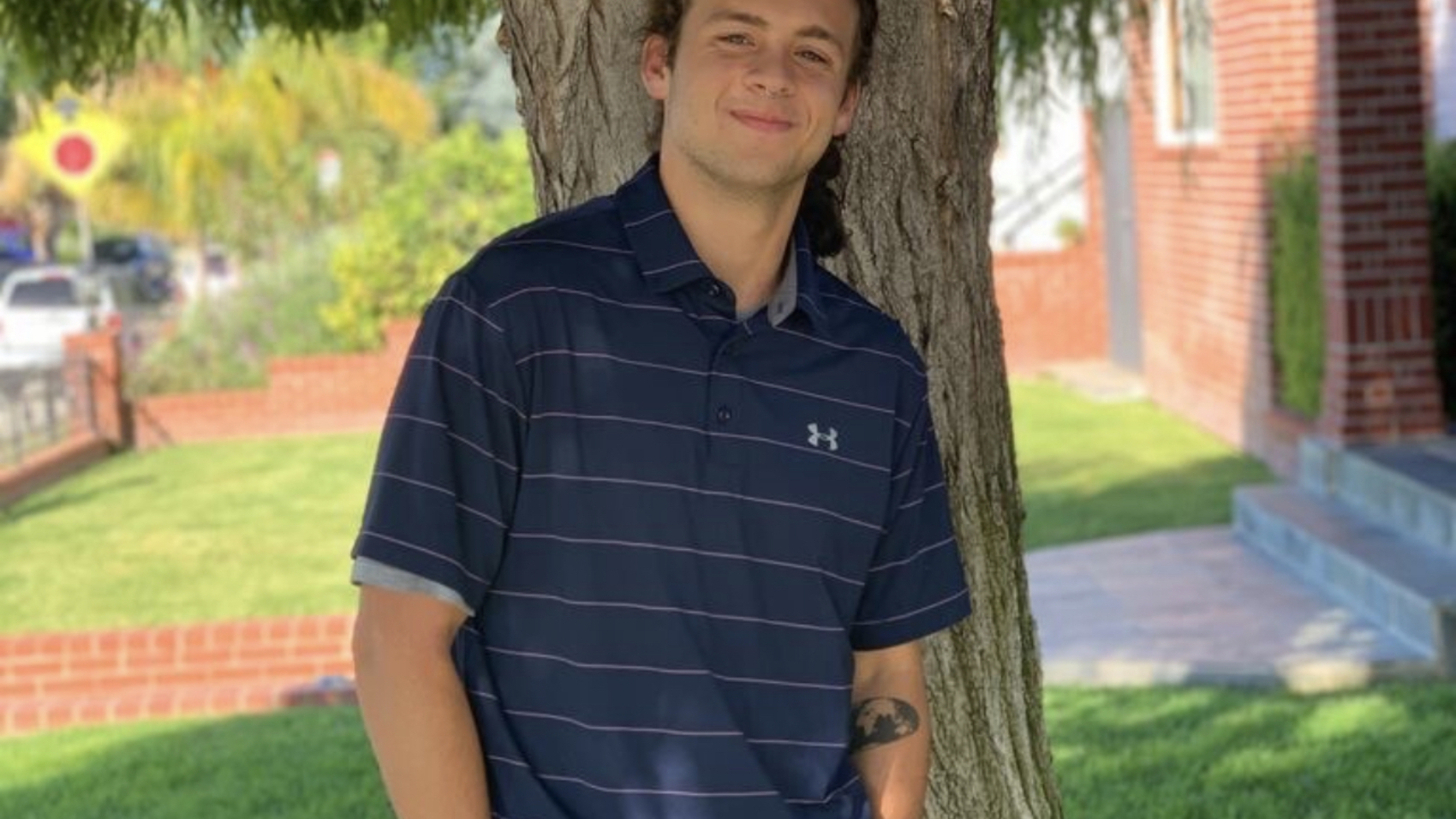
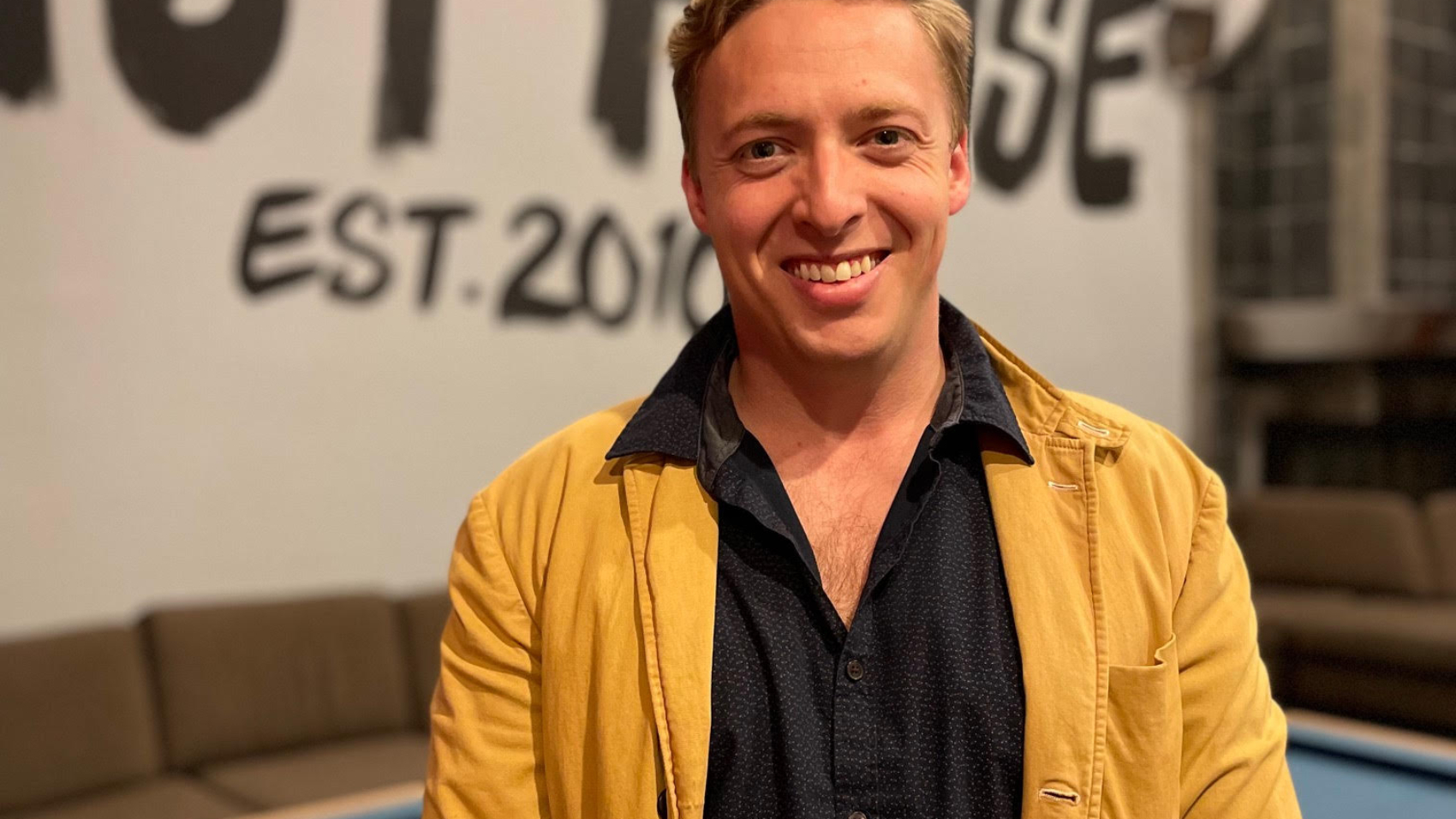
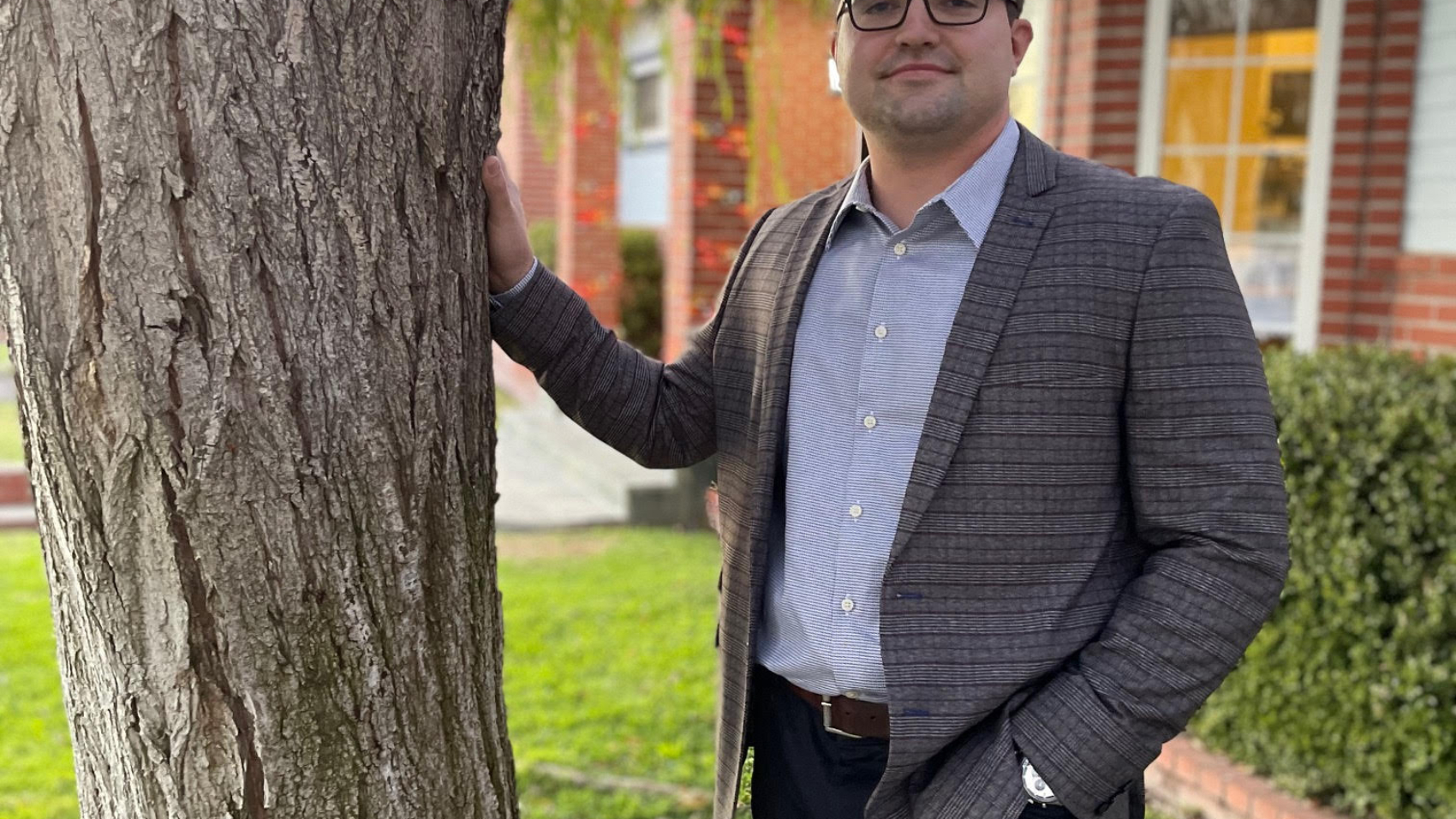
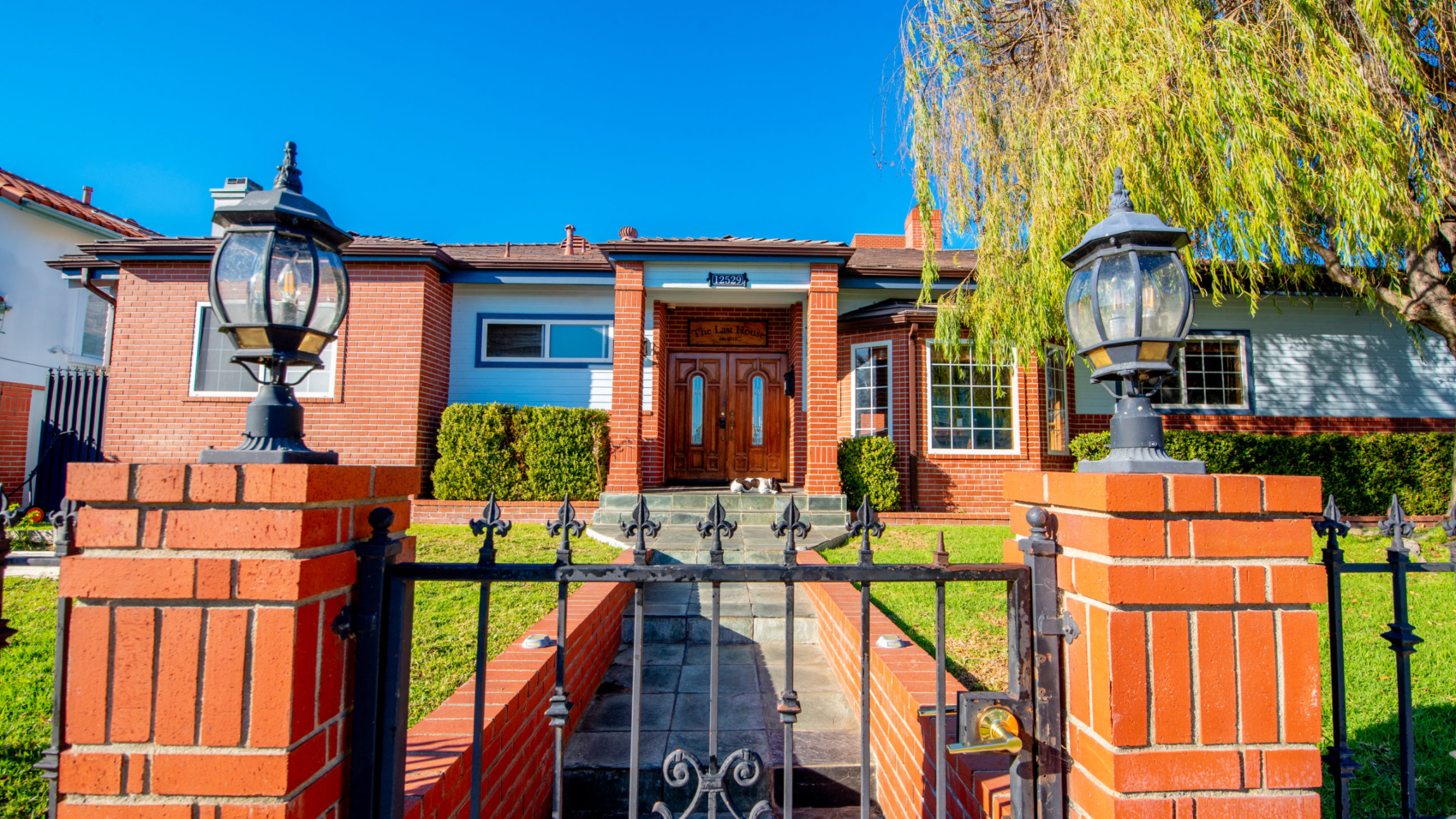
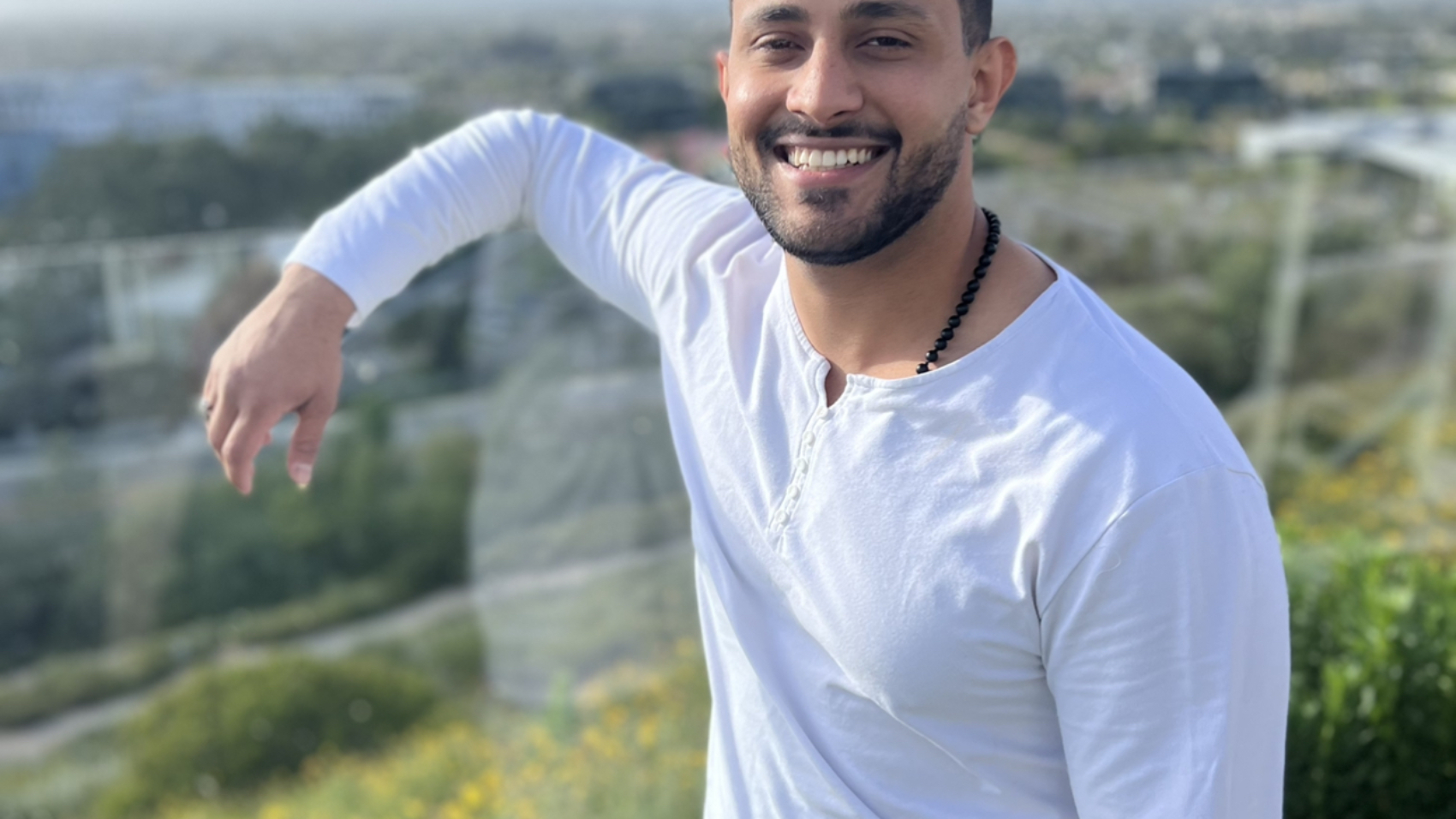
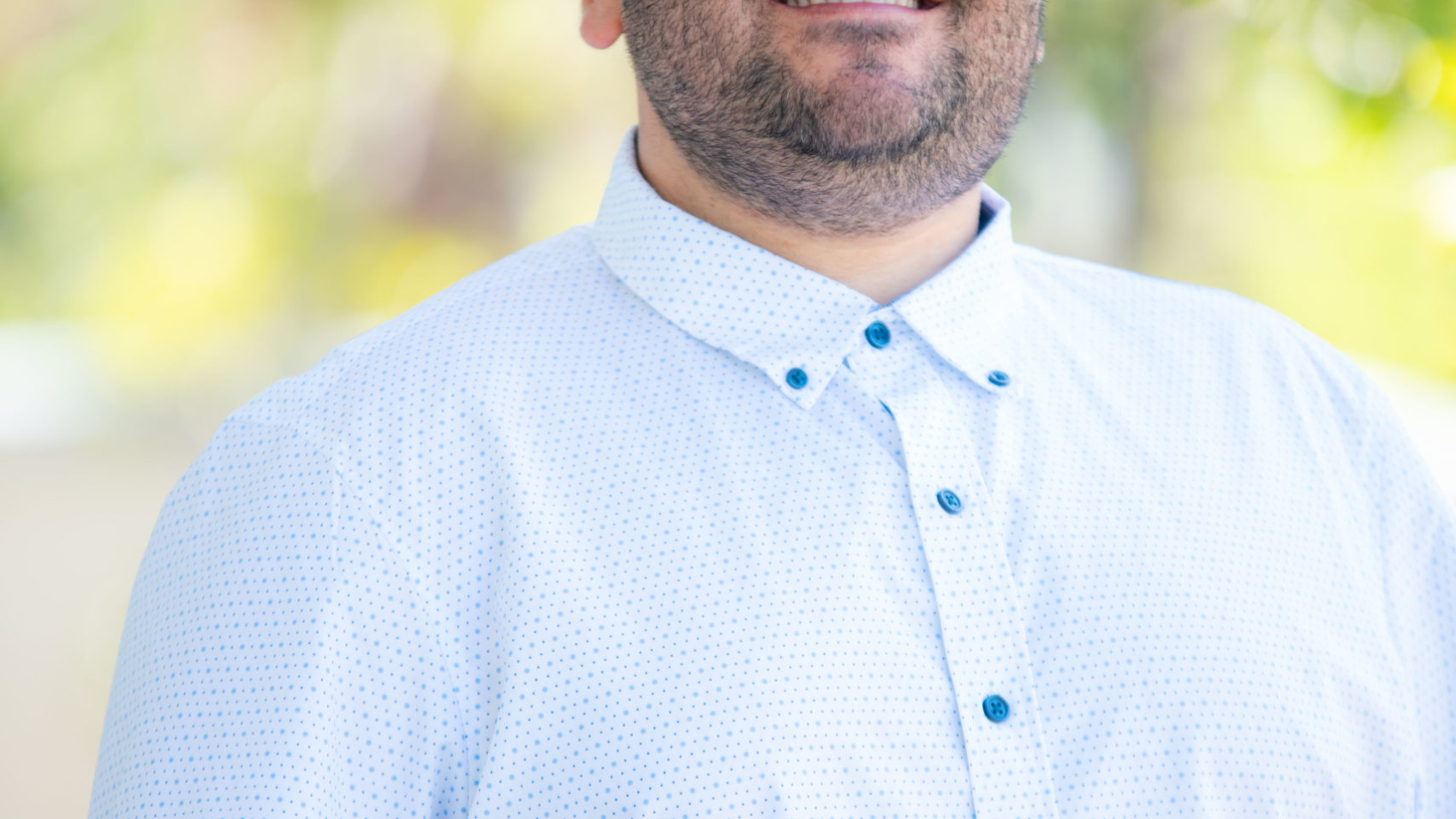
 A majority of 2020, I spent my time in jail-Banning, CA. The looming thought that prison would be my fate. Which I thought was well deserved. Feeling alone and angry, enveloped in self hatred. The hurt I caused others, the years wasted chasing a facade. I did not care what happened to me anymore! I had been given every chance to change and like clockwork I always walked down that same path, the familiar one. On Christmas Day, I almost got in a fight with a guard which would have sealed my fate in the Penitentiary, the other inmates were cheering me on and something came over me, I swallowed my pride and sat down, not caring what they thought of me. Merry Christmas! That night I got on my knees, prayer wasn’t something unfamiliar to me but something I had forgotten. “Why would God answer my prayers?” I didn’t care who saw, I just prayed for forgiveness and one last opportunity to change my life! Please! I am emotional writing this because I was in so much pain in that cell! Once again, a loving God gifted me mercy and there was a shift in my case allowing me to seek treatment. Not just any treatment, they wanted high structure and supervision since I had AWOL’d so many times in past treatments. My mom, who has since passed, got on the phone and called everywhere trying to find the right place that would take me and would comply with the court’s strict stipulations. She gave me a list of a few she thought would work.
A majority of 2020, I spent my time in jail-Banning, CA. The looming thought that prison would be my fate. Which I thought was well deserved. Feeling alone and angry, enveloped in self hatred. The hurt I caused others, the years wasted chasing a facade. I did not care what happened to me anymore! I had been given every chance to change and like clockwork I always walked down that same path, the familiar one. On Christmas Day, I almost got in a fight with a guard which would have sealed my fate in the Penitentiary, the other inmates were cheering me on and something came over me, I swallowed my pride and sat down, not caring what they thought of me. Merry Christmas! That night I got on my knees, prayer wasn’t something unfamiliar to me but something I had forgotten. “Why would God answer my prayers?” I didn’t care who saw, I just prayed for forgiveness and one last opportunity to change my life! Please! I am emotional writing this because I was in so much pain in that cell! Once again, a loving God gifted me mercy and there was a shift in my case allowing me to seek treatment. Not just any treatment, they wanted high structure and supervision since I had AWOL’d so many times in past treatments. My mom, who has since passed, got on the phone and called everywhere trying to find the right place that would take me and would comply with the court’s strict stipulations. She gave me a list of a few she thought would work.